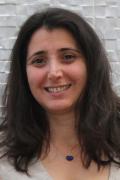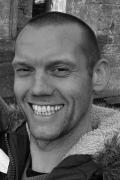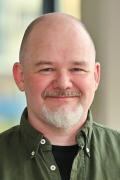The Research Unit in Biology of Microorganisms (URBM) gathers 40 researchers and technicians studying microorganisms (mostly bacteria) at all levels of integration from molecular to cellular bacteriology and their relationship with eukaryotic hosts.
URBM was born from the fusion of three laboratories: two from the Department of Biology (Structural and Molecular Biology Lab., Molecular Genetic Lab.) and one from the Department of Veterinary Medicine (Immunology and Microbiology Lab.). A few years later, Guy Cornelis' group joined us in the frame of an ERC advanced investigator grant. His successor Francesco Renzi carries on with his research.
Caulobacter crescentus, Capnocytophaga canimorsus and Brucella sp. are used as working models to study the functions, the structure and the interactions of proteins involved in cell cycle-associated processes, regulation of gene expression, metabolism and, more specifically to Brucella and Capnocytophaga canimorsus, in the modulation of the host innate immune response. Two groups are also dedicated to applied research on enzyme engineering and dietary fibers production or environmental detoxification.
URBM teaching activities encompass both the Bachelor (Biology, Veterinary, Pharmacy, Bio-medical) and the Master (Molecular and Cellular Biology) degrees programmes.
Several themes of research are currently developed (see below) using up to date technologies in a highly motivated and friendly scientific environment.
















